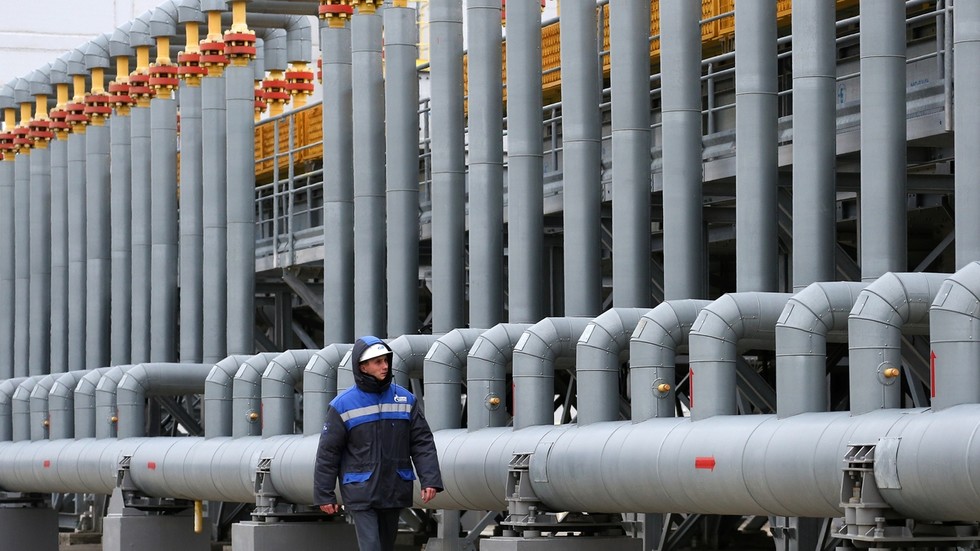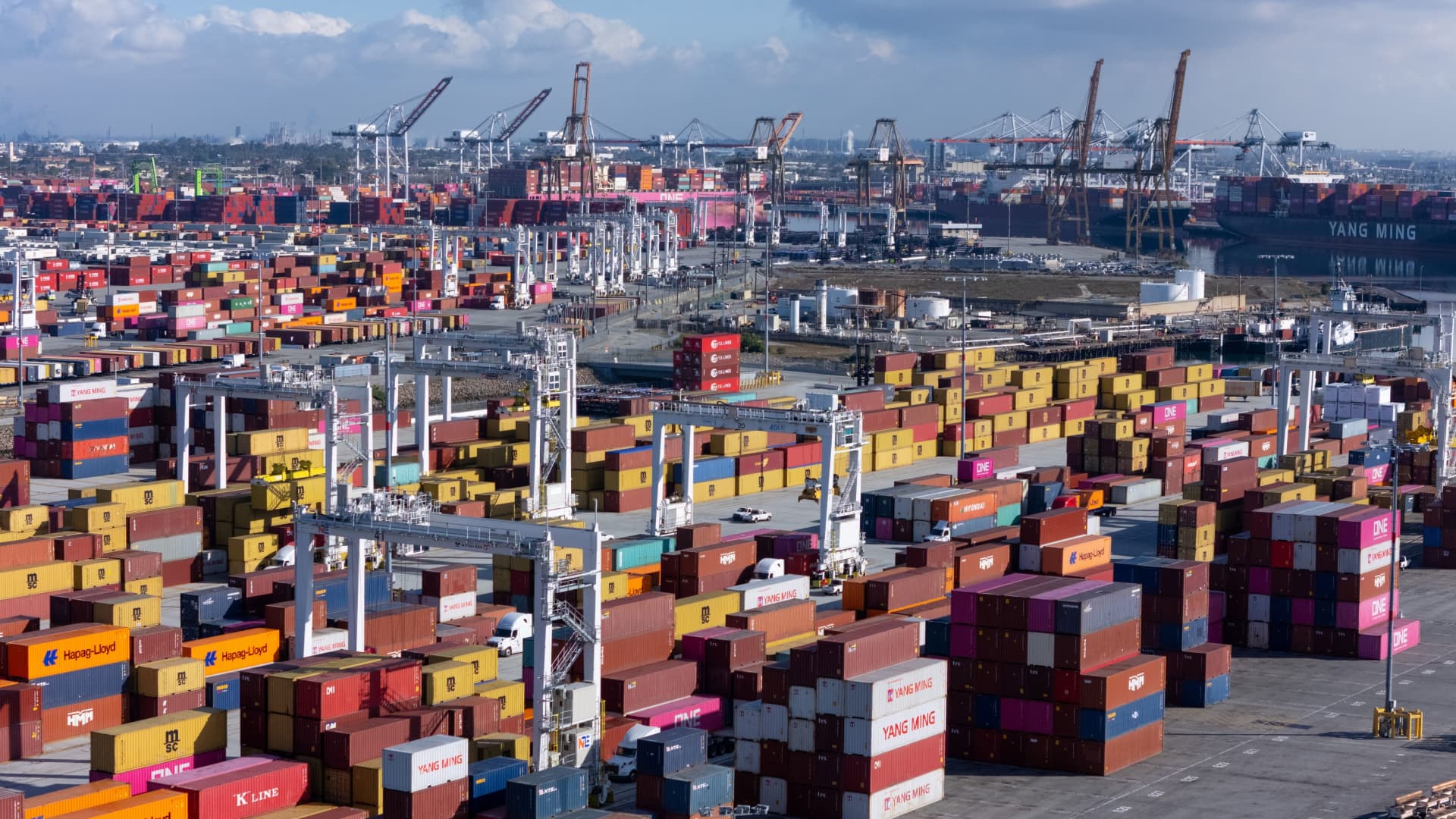Russian Gas Exports Surge to Record Levels Through Key Black Sea Pipeline
In a surprising turn of events, Russian gas exports have surged to unprecedented levels via a crucial Black Sea pipeline. This development has not only caught the attention of energy experts but also raised significant questions about the implications for global energy markets. As geopolitical tensions simmer and energy demands rise, this spike in exports could potentially reshape the landscape of energy supply, especially in Europe and beyond.
The Black Sea Pipeline: A Vital Artery for Energy Supply
The Black Sea pipeline, often referred to as the Turkish Stream, is a cornerstone of Russia’s strategy to supply gas to Europe. Opened in 2020, it runs under the Black Sea and directly connects Russian gas fields to Turkey, bypassing traditional transit countries like Ukraine. This strategic route has become increasingly important as Europe seeks to diversify its energy sources amidst rising tensions with Russia.
With the recent surge in exports, the pipeline has reached record throughput levels, with reports indicating a rise of over 30% in gas deliveries compared to last year. This increase is significant, especially given the backdrop of fluctuating global energy prices and the ongoing transition to renewable energy sources.
Geopolitical Implications of Increased Exports
The rise in Russian gas exports through the Black Sea pipeline has profound geopolitical implications. As Europe grapples with energy security concerns, particularly in light of reduced Russian supplies due to sanctions, the increased flow of gas from Russia could serve as a double-edged sword.
- Energy Security: For some European countries, particularly those heavily reliant on Russian gas, this surge may offer a temporary reprieve from supply shortages. However, it also raises questions about long-term dependency on Russian energy.
- Geopolitical Leverage: Russia’s ability to increase gas exports gives it a potent tool for exerting influence over European nations. This dynamic could lead to increased tensions, particularly with countries advocating for stronger sanctions against Russia.
- Competition with Renewables: As Europe pushes towards greener energy solutions, the influx of Russian gas could hinder investments in renewable energy infrastructure, slowing down the transition to a more sustainable energy future.
Market Reactions to the Surge
The market’s response to the surge in Russian gas exports has been mixed. On one hand, the increased supply has led to a stabilization of gas prices in Europe, which had previously experienced volatility due to supply fears. On the other hand, it has sparked concerns about the overall dependency on Russian energy, leading to calls for enhanced energy diversification.
Financial analysts note that while the immediate effects may stabilize prices, the underlying geopolitical risks are likely to keep the markets on edge. The European Union’s Green Deal, aimed at reducing carbon emissions and increasing renewable energy usage, faces new challenges as member states balance immediate energy needs with long-term sustainability goals.
Future Prospects for Russian Gas Exports
Looking ahead, the prospects for Russian gas exports through the Black Sea pipeline appear promising, but fraught with uncertainty. Several factors could influence the trajectory of these exports:
- Infrastructure Developments: Continued investments in gas infrastructure, including potential expansions of the Black Sea pipeline, could enhance export capabilities and reliability.
- Geopolitical Landscape: The evolving geopolitical environment, particularly relations between Russia and the West, will play a crucial role in determining the future of these exports. Heightened sanctions or conflicts could disrupt supply chains.
- Global Energy Transition: As the world increasingly shifts towards renewable energy, the demand for fossil fuels, including natural gas, may fluctuate. Russia’s ability to adapt to these changes will be a critical factor in sustaining its export levels.
Conclusion: A Balancing Act for Global Energy
The surge in Russian gas exports through the Black Sea pipeline marks a significant moment in the global energy landscape. As Europe navigates the complexities of energy security and the transition to renewable energy, the implications of this development cannot be understated. While the immediate benefits of increased gas supply may alleviate some pressures, the long-term challenges of dependency and geopolitical tension loom large.
Ultimately, the situation calls for a careful balancing act. Europe must strategically navigate its energy policy to ensure security while also committing to a sustainable energy future. The interplay between Russian gas exports and global energy demands will undoubtedly shape the landscape for years to come, making it a critical area for ongoing observation and analysis.
See more CCTV News Daily



